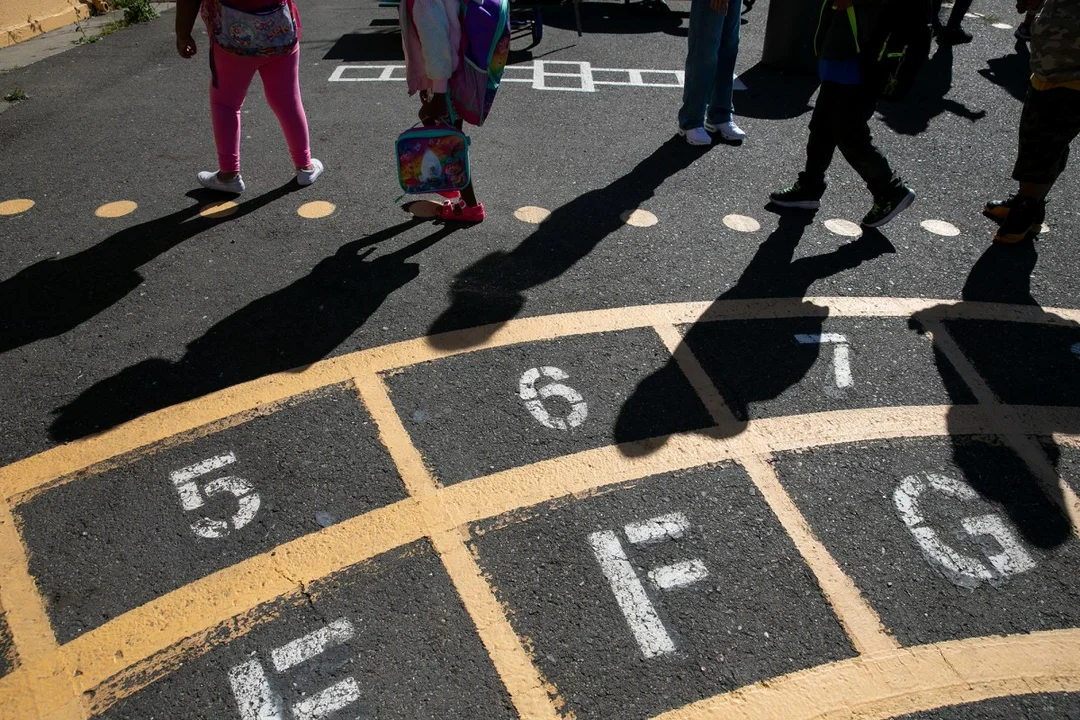
States Clash With Trump Administration Over Abrupt Cuts to COVID Relief Funds for Schools
In a rapidly escalating battle over the fate of pandemic-era education aid, California and over a dozen states have filed a federal lawsuit challenging the Trump administration's sudden decision to claw back hundreds of millions of dollars in COVID-19 relief funds earmarked for struggling schools. The cut threatens crucial programs— from tutoring and mental health services to free summer classes—raising alarm among educators and policymakers about the ongoing impact on vulnerable students nationwide.

At the heart of the dispute lies a March 28 letter from Education Secretary Linda McMahon, announcing the immediate rescission of funding extensions previously granted by the Biden administration. These funds—originally allocated under the American Rescue Plan Act and the Coronavirus Response and Relief Supplemental Appropriations Act—were intended to address learning loss, mental health challenges, and infrastructure needs exacerbated by the pandemic. California alone stands to lose $200 million, while Vermont districts face a steep shortfall in approved grants for summer enrichment and literacy initiatives.
California Attorney General Rob Bonta, spearheading the lawsuit filed in New York’s Southern District, accused the administration of violating federal law by acting in an "arbitrary and capricious" manner. “When the president breaks the law, we sue. And he’s broken the law again—this time harming children,” Bonta declared, emphasizing that negative effects from the pandemic linger well beyond the official end of the emergency. The suit demands restoration of the funds through March 2026.
The ripple effects of this sudden reversal have been deeply felt on the ground. In Vermont, where school districts like Orange Southwest relied on approx $200,000 in ESSER grants for free summer programs including meals and transportation, cancellation came as an "absolute shock." These programs offered not only academic enrichment—like literacy and robotics—but also safe, structured activity for children from lower-income families who now risk losing critical support during summer months.

Administrators like Heather Lawler lamented the lost opportunities, while veteran teacher Janni Jacobs expressed dismay: “If they’re trying to make America great again…why take away programs that directly benefit kids?” Echoing her concerns, Vermont education officials estimated at least $10 million statewide remain in jeopardy, with no guarantees that waiver requests for specific projects will be approved.
Meanwhile, supporters of the clawback argue the extension was discretionary and inconsistent with current Department priorities, given that the pandemic has ended. Secretary McMahon insisted that continued use of these "taxpayer funds" years after COVID-19 is no longer warranted, though some exceptions might be granted on a limited, "project-specific" basis.
Critics, however, from state officials to Congressional Democrats led by Sen. Alex Padilla, counter that the damage from pandemic disruption persists. They cite concerning national indicators like lingering academic setbacks, below pre-pandemic test scores, and high absenteeism as justifications for ongoing support. They have condemned the move as “abrupt and chaotic,” warning it undermines an already fragile recovery among America’s students—particularly those most marginalized.

Beyond the immediate legal wrangling, this conflict raises broader questions about the federal government’s commitment to education in a post-pandemic landscape and the delicate balance between fiscal restraint and social responsibility. As multiple lawsuits unfold, families, teachers, and policymakers confront the unsettling prospect of more students falling through the cracks just as recovery appeared within reach.
Will the courts intervene in time to restore critical educational support? Or are America’s most vulnerable learners destined to bear the brunt of Washington’s fiscal fights? We invite readers to share their perspectives, concerns, and experiences as this high-stakes battle continues to unfold.